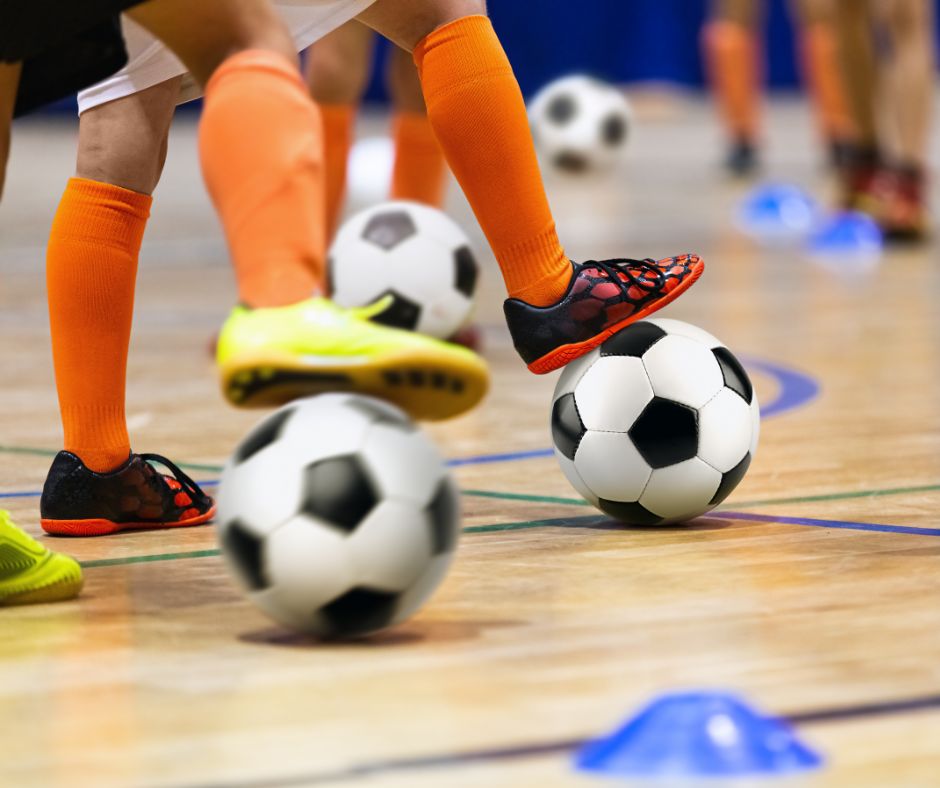The Role of Extracurricular Activities in Academic Success

The journey through education is about more than just textbooks and classroom lectures. It's an experience that encompasses personal growth, skill development, and the cultivation of a well-rounded individual. One of the most effective ways to achieve this holistic growth is through extracurricular activities. In this article, we will explore the vital role of extracurricular activities in academic success and offer insights into how students can balance their academic commitments with participation in these enriching pursuits.
The Power of Extracurricular Activities
Extracurricular activities encompass a wide range of experiences outside of the traditional classroom setting. These activities can include sports, arts, clubs, volunteering, and much more. They offer students the opportunity to explore their interests, develop new skills, and make lasting memories. However, their impact extends far beyond personal enjoyment. Here's why they matter:
- Skill Development: Extracurricular activities provide a platform for developing a wide array of skills. Whether it's teamwork in sports, creativity in the arts, or leadership in student government, these experiences nurture talents that can be beneficial in academic settings and beyond.
- Well-Rounded Education: Education isn't just about grades and test scores. It's about nurturing well-rounded individuals who are equipped to face the challenges of the real world. Extracurricular activities contribute to a balanced education by fostering creativity, critical thinking, and emotional intelligence.
- Networking: Participating in extracurricular activities allows students to connect with peers who share similar interests. These connections can lead to lifelong friendships, networking opportunities, and valuable mentorships.
- Resume Enhancement: Colleges and universities often look favourably upon applicants who are actively engaged in extracurricular activities. These experiences can set you apart from other applicants and demonstrate your commitment to personal growth and community involvement.
Balancing Academics and Extracurriculars
While the benefits of extracurricular activities are clear, it's essential to strike a balance between academic commitments and these pursuits. Here are some strategies to manage your time effectively:
- Prioritise Your Goals: Understand your academic goals and prioritise them. Ensure that you have a clear plan for your studies and allocate your time accordingly.
- Time Management: Develop strong time management skills. Create a weekly schedule that includes dedicated study hours and time for extracurricular activities.
- Effective Study Habits: Make the most of your study time by adopting effective study habits. This includes setting specific goals, minimising distractions, and using active learning techniques.
- Communication: Communicate with your teachers or tutors about your involvement in extracurricular activities. They can provide guidance and support to help you balance both aspects of your life.
- Flexibility: Be adaptable and willing to adjust your schedule when necessary. There may be times when academic demands require more attention, and other times when you can dedicate more time to extracurricular pursuits.
Types of Extracurricular Activities
The world of extracurricular activities is incredibly diverse, allowing students to explore their interests and passions. Here are some common types of extracurricular activities that students can consider:
- Sports and Athletics: Joining a sports team can foster teamwork, discipline, and physical fitness. It's an excellent way to stay active and healthy while building valuable life skills.
- Arts and Creative Clubs: Whether it's music, musical theatre, painting, or writing, creative clubs allow students to express themselves and develop artistic skills.
- Clubs and Organisations: Joining clubs related to your interests, such as debate, robotics, or environmental clubs, can provide opportunities for leadership and personal growth.
- Volunteer Work: Engaging in community service or volunteer work is not only fulfilling but also teaches empathy and social responsibility.
- Student Government: Becoming a part of student government or student council can help you develop leadership and organisational skills while representing your peers.
- Academic Competitions: Participating in academic competitions like maths olympiads, science fairs, or debate tournaments can enhance your knowledge and problem-solving abilities.
Case Study: Academic Excellence and Extracurricular Activities
To illustrate the positive impact of extracurricular activities on academic success, let's consider a hypothetical case study:
Sarah, a secondary school student, is passionate about science and dreams of pursuing a career in medicine. Alongside her rigorous science coursework, she joins the school's science club and participates in science-related competitions. Through her involvement in the club, she gains hands-on experience in conducting experiments and presenting her findings.
Sarah also dedicates time to volunteering at a local hospital, where she assists healthcare professionals and gains insight into the medical field. Her extracurricular activities not only deepen her interest in science but also provide valuable real-world experiences.
When it comes time to apply to university, Sarah's academic achievements and extracurricular involvement make her a standout candidate. She is accepted into a prestigious medical program, where her passion for science and dedication to extracurricular activities continue to shape her academic journey.
Conclusion
Extracurricular activities are a powerful complement to academic success, offering students a well-rounded education that nurtures skills, interests, and personal growth. By effectively balancing academic commitments with extracurricular pursuits, students can not only excel academically but also develop the skills and experiences that will serve them well throughout their lives. So, embrace the opportunity to explore your passions and interests outside the classroom, and watch how these enriching experiences contribute to your academic and personal success.


